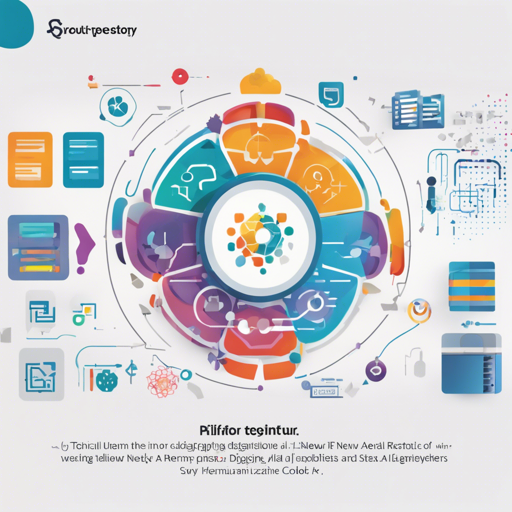The DeepLearning RS Evaluation repository is a treasure trove for those seeking to enhance their work in recommender systems. Developed by Maurizio Ferrari Dacremaa, a postdoctoral researcher at Politecnico di Milano, this resource houses source code and results from several research articles that analyze and set the standard for deep learning in recommendation approaches. This guide will walk you through how to get started, run experiments, and troubleshoot common issues.
Overview of the Repository
This repository is not just a codebase; it’s a curated collection of findings from multiple papers including:
- Are We Really Making Much Progress? A Worrying Analysis of Recent Neural Recommendation Approaches
- A Troubling Analysis of Reproducibility and Progress in Recommender Systems Research
- Critically Examining the Claimed Value of Convolutions over User-Item Embedding Maps for Recommender Systems
- Methodological Issues in Recommender Systems Research (Extended Abstract)
For detailed insights from these studies, check their respective links provided in the repository.
Getting Started: Installation
First things first, you’ll need to set up your environment properly. Here’s how you can do it:
- Ensure you have Python 3.6 installed on your machine.
- Create a new environment using virtualenv or conda. For virtualenv, use:
- If using conda, simply execute:
- Install the required dependencies:
virtualenv -p python3 DLevaluation
source DLevaluation/bin/activateconda create -n DLevaluation python=3.6
conda activate DLevaluationpip install -r requirements.txtRunning Experiments
Once your environment is set up, you can start running experiments by executing the corresponding scripts. For example, to run experiments related to the SpectralCF algorithm, use the command:
python run_RecSys_18_SpectralCF.py -b True -a True -p TrueThis command will perform the following actions:
- Load and split the necessary data
- Run Bayesian hyperparameter optimization
- Fit and test the deep learning algorithm
- Create result tables in LaTeX format
Understanding the Code Structure: An Analogy
Think of this repository as a well-organized library. Each shelf (folder) is categorized based on themes:
- The Deep Learning Algorithms Shelf: Contains various experiments from different conferences, similar to dedicated sections in a library where particular genres are placed.
Each algorithm has two compartments: - Original Books: These are the author-provided source codes (original repositories).
- Custom Interfaces: Here, you find the adaptations or wrappers that allow these codes to function within the repository’s framework.
Just as each library offers reading materials, the repository provides models that can be crucial for your recommender systems research.
Troubleshooting Common Issues
As you embark on your journey with this repository, you may encounter some hiccups. Here are a few troubleshooting tips:
- **Problem:** Difficulty in downloading datasets automatically.
**Solution:** If a dataset fails to download, check the console for a link to manually download it. - **Problem:** Warnings during Cython compilation on Linux.
**Solution:** These warnings are generally not detrimental; however, ensure you have installed the right dependencies. - **Problem:** Issues with hyperparameter tuning not producing the expected results.
**Solution:** Double-check that you’ve read all data correctly and that your specifications match the algorithm’s requirements.
For more insights, updates, or to collaborate on AI development projects, stay connected with fxis.ai.
Final Thoughts
At fxis.ai, we believe that such advancements are crucial for the future of AI, as they enable more comprehensive and effective solutions. Our team is continually exploring new methodologies to push the envelope in artificial intelligence, ensuring that our clients benefit from the latest technological innovations.
Conclusion
By carefully following the steps outlined in this guide, you can effectively utilize the DeepLearning RS Evaluation repository for your research in recommender systems. Enjoy exploring the depths of machine learning, and may your findings lead to meaningful advancements in the field!

